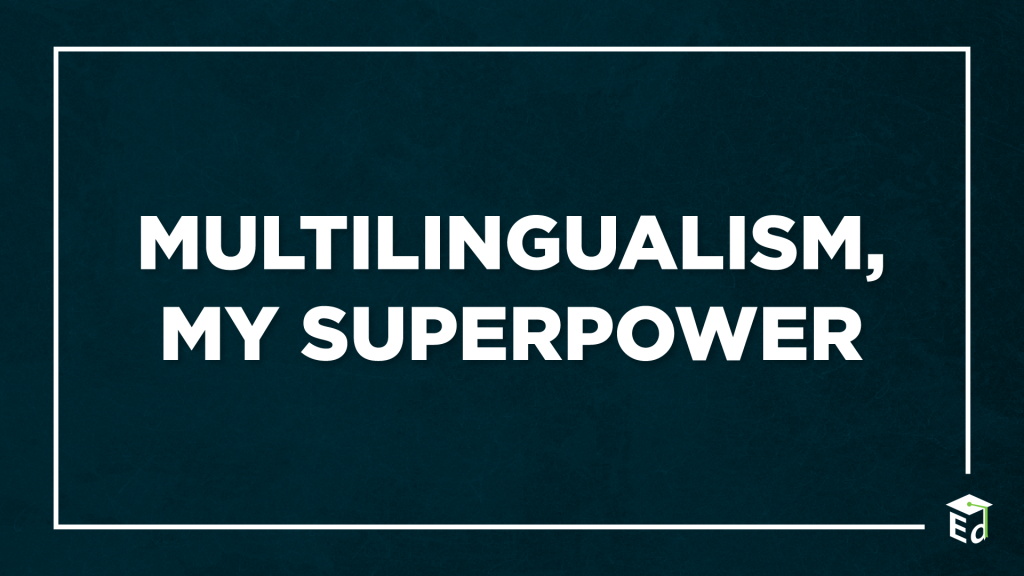
BY: Montserrat Garibay, Assistant Deputy Secretary & Director for the Office of English Language Acquisition
It was August 1992 in Austin, Texas, when I first walked into a U.S. public school. I still remember how scared and nervous I was. I didn’t speak a word of English. I recall people speaking and asking me questions and I couldn’t understand what they were saying. I felt so invisible and powerless. Thankfully, my English as a Second Language (ESL) teacher, Mrs. Hernandez, welcomed me into her classroom. To my surprise and joy, she spoke to me in Spanish and welcomed me. She helped me to see my potential as a student. Further, she instilled in me a sense of pride in retaining my native language, Spanish, while learning English. Mrs. Hernandez took our class to the library and encouraged us to read books in Spanish. Her class became my safe space and the place where learning was challenging, demanding, and fun at the same time. Her strategies, songs, and routines were essential to me learning English. Within a year, I was transferred to all-English classes, and graduated from high school while passing the state exams in reading, math, and writing in English. I know now that knowing how to speak, read, and write in my heritage language, Spanish, was the foundation for me to learn English in such a short time. I claim bilingualism as my superpower and I want to share that superpower with others.
In recognition of bilingual and multilingual advocacy month, the U.S. Department of Education (Department) is highlighting the benefits multilingualism. There are many benefits to being multilingual in today’s global society. Viewing student’s heritage language as an asset, and a resource to learn English as a new language, is an asset-based attitude.
I know that there are many teachers like Mrs. Hernandez, and on behalf of students like me, I want to thank them for their efforts to create learning environments for students that provide a sense of belonging. Gracias.

